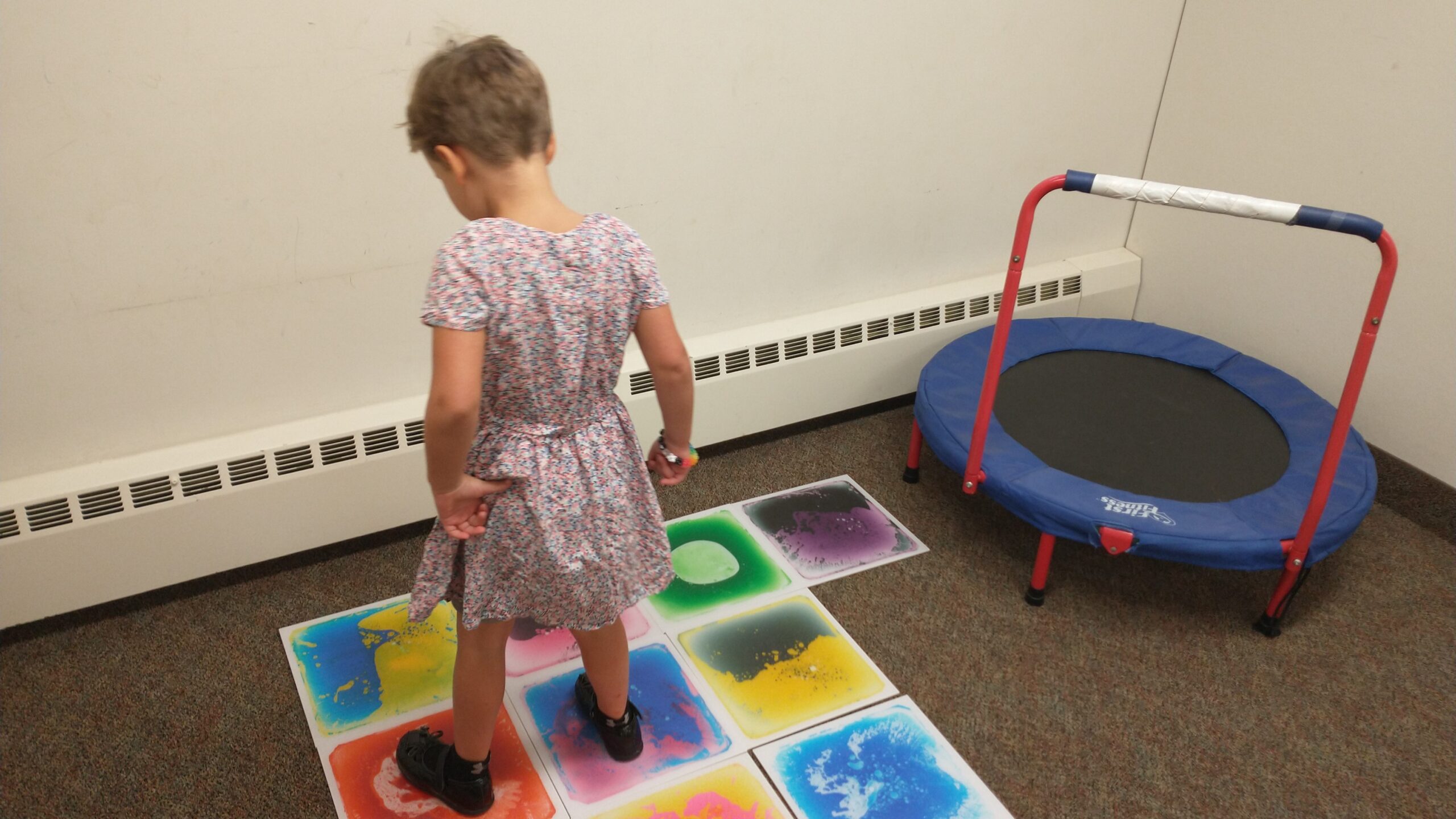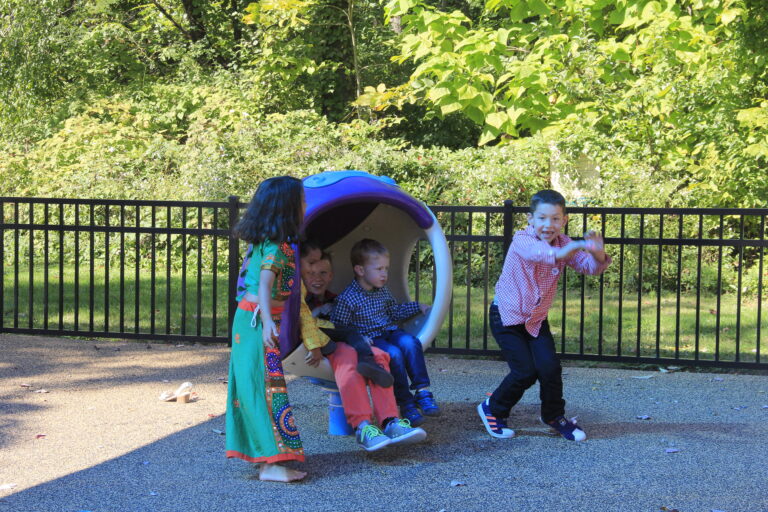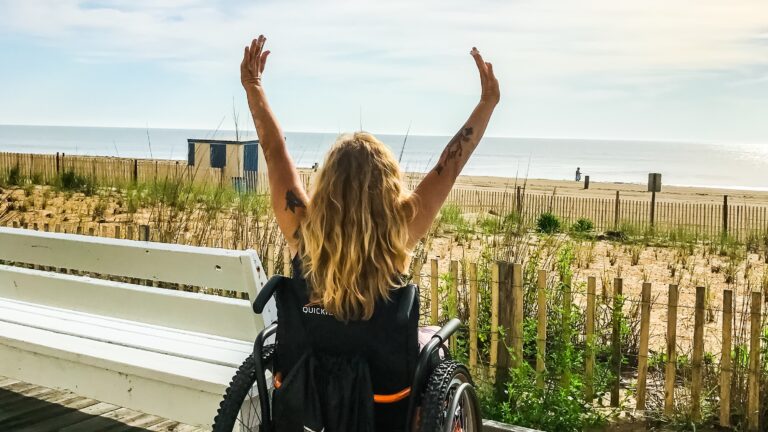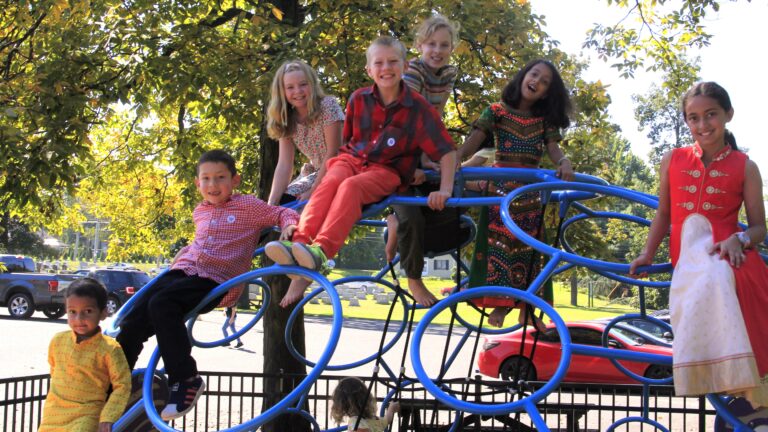Strides at Salford
During the past year, we at Salford Mennonite Church recognized an energy and desire bubbling up toward accessibility: becoming a community that explicitly and intentionally includes people with disabilities and neurodivergence. A small group within the congregation, with varied skills and interests in this area, began to meet and formed an Accessibility Ministry Team.
The Accessibility Resolution passed by Mennonite Church USA delegates in May 2022 was part of the inspiration for our group to seek to reduce the barriers to participation in our congregational life for people with disabilities.
The Accessibility Ministry Team exists to facilitate and resource an environment of inclusion and belonging among diverse needs, particularly for people who are disabled and neurodiverse. We started with the resources in front of us—listening to Salford members with disabilities and their families about their needs and hopes. In response, we have begun making adjustments to benefit individuals and also helping the whole congregation be a place of belonging.
The process of utilizing the Anabaptist Disability Network’s Congregational Assessment Survey has also been very helpful for us as we engage in this work. Our team initially selected three of the areas to assess.
After reviewing the assessment and our building and filling out the easy-to-use online survey, we received prompt responses from the ADN staff. They were eager to celebrate the progress that we have made and offered several suggestions for growing and deepening our work to remove barriers and become more supportive. Accessibility is an ongoing process!
Our experience of working with ADN has led us to commit to becoming an ADN Partner Congregation within the next year. We have so valued the resources for ADN in our journey thus far, and we want to continue to have accountability in the broader community for this work.
Since completing the assessment of persons and families in our congregation and ADN’s assessment, we have also begun some new initiatives within the congregation, including recruiting and training “inclusion aides” to provide particular attention and support for neurodiverse children and youth in our Sunday School ministry, creating a Peace Place (calm-down space) to be used during worship and Sunday School, and planning a book study group to increase congregational education and awareness.
We seek to help the church become a space where the variety of human bodies are respected, and everyone’s needs for belonging and spiritual growth can be met. To learn more about Salford’s accessibility efforts, see our webpage and get in touch!







